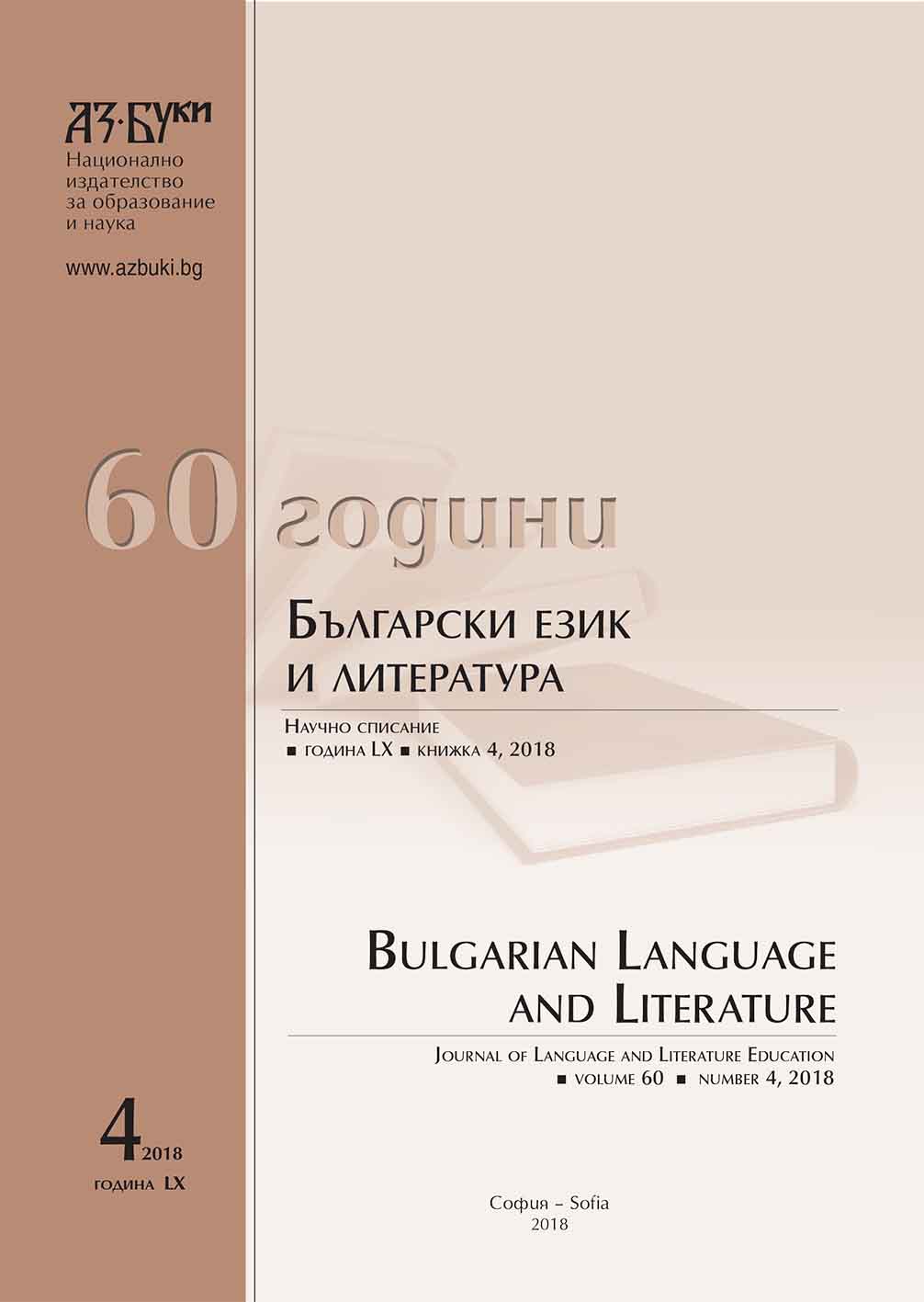
We kindly inform you that, as long as the subject affiliation of our 300.000+ articles is in progress, you might get unsufficient or no results on your third level or second level search. In this case, please broaden your search criteria.

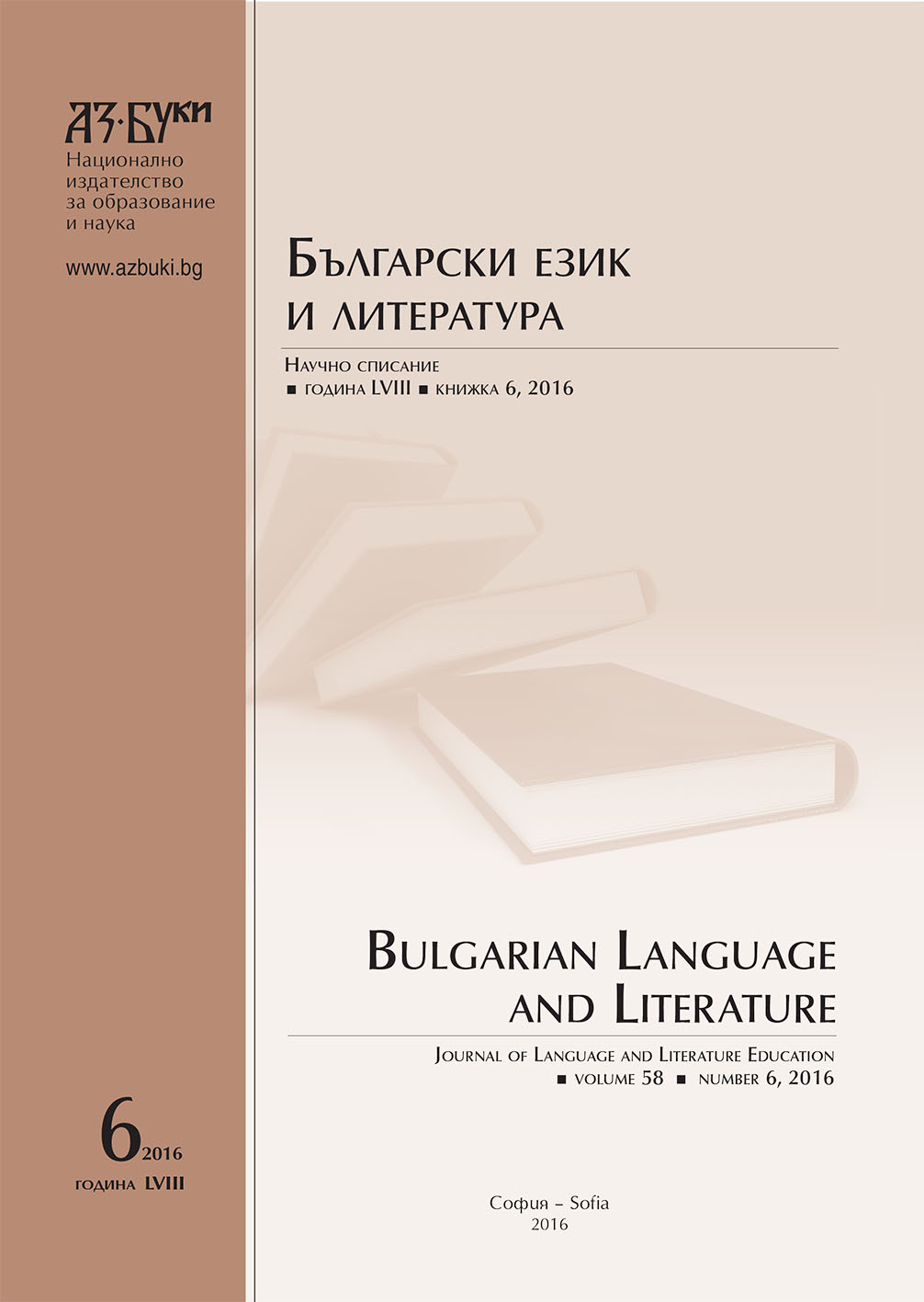
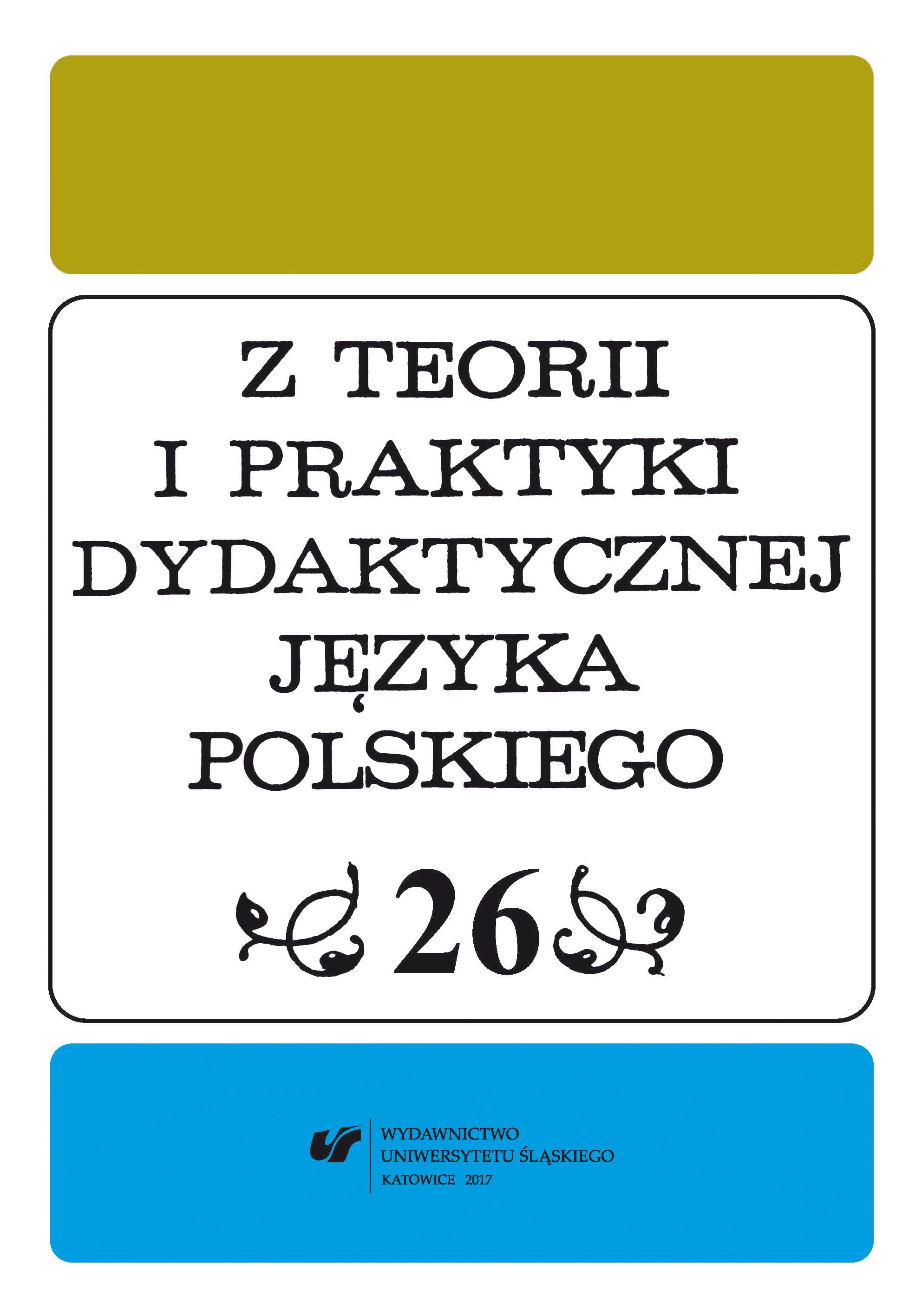
The review presents the monograph by Marta Szymańska entitled „Between the language teaching and language education. The concepts of language education at the turn of the 20th and 21st century”. The author of the monograph presents the development of the concepts in the education of Polish language in order to present her own paradigm at the end. In this new concept Szymańska does not reject the attainment of the predecessors, but she outlines an innovative, anthropocentric proposal combining selected components of earlier concepts and elements belonging to other disciplines.
More...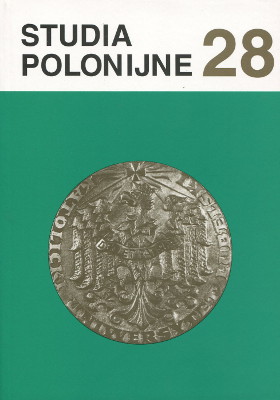
Having lost its independence in the eighteenth century, Poland sought to preserve its national identity by cherishing Polish history and culture, among other things, through teaching and popularising songs in the mother tongue. They reflected the history of the Polish nation, bore patriotic values, and expressed religious feelings. When after a short period of Poland's independence it again fought with the invader, the song accompanying soldiers and civilians in the fronts of the Second World War helped them manifest their longing for the country and hope for independence. In military camps and schools amateur choirs were established, and some of them, like the Choir of the Polish Army formed in Scotland in 1940, have earned their place in the history of Polish choirs abroad.In view of the political situation in the country after war activities had ended the Polish emigration in the British Isles was forced to organise national social and cultural life anew. The ideas of independence were carried out by, among other things, Polish choirs. Since 1955 they had been associated in the Alliance of Polish Choirs in Great Britain.Aside to the activity of the Choir of the Polish Army (from 1949 on the Frederick Chopin Choir) new choirs were established: the Karol Szymanowski Academic Choir, the Abp Jan Cieplak Choir, the Feliks Nowowiejski Choir, St. Andrzej Bobola's Church Choir, the Tadeusz Kościuszko Choir of the School of Homeland Subjects, the Male Carol Singers Choir, the Choir of the School of Younger Volunteers, the Laudes Choir and others. The willingness to collaborate on a closer basis resulted in the establishment of the Association of Polish Choirs in London in 1976. Thus united choirs organised, among other things, concerts of carols and jubilee concerts, took part in meetings with John Paul II in 1982 at Crystal Palace.Each choir retained its specific character composed of the following: its milieu, artistic level, repertoire, and musical preferences of the director. The choirs participated in religious and patriotic events, organised games and charitable lotteries, supported charitable actions, organised common trips and integrative meetings. The repertoire of the choirs and artistic activity of eminent animators of choir life abroad call for a detailed analysis (e.g. J. Kołaczkowski, Z. Gedel, and H. Hosowicz).The traditions of performance in Polish choirs in London had been worked out for years. They were not always continued in further and renewed compositions. The majority of the post-war choirs ended their activity in the 1990s. Polish vocal and vocal-instrumental groups (both religious and lay) that are established at the moment in London model their style of performance and repertoire, above all, on the musical life in Poland.
More...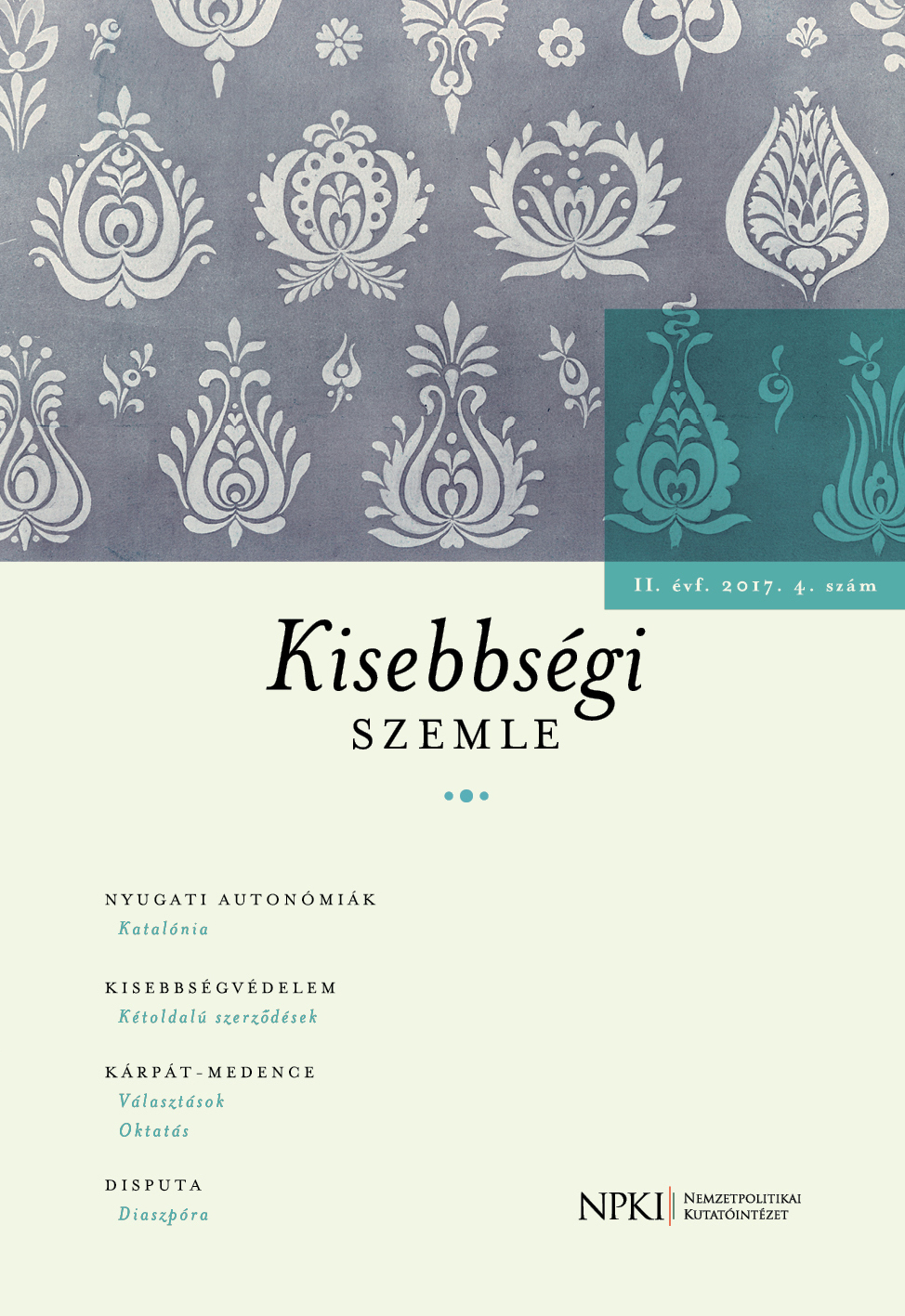
Rogers Brubaker is one of the most influential thinkers in the field of minority and ethnic studies of our time. His article entitled The ‘Diaspora’ Diaspora has been cited many times since its first publication in 2005. Twelve years later Claire Alexander revisited it with a critical eye, to which Brubaker immediately responded by again examining his starting points in the definition of diaspora. Both the critique and the response came out in the last issue for the year 2017 of the journal Ethnic and Racial Studies. In this paper I provide a review of their discussion with the aim of contributing to future debates about the theoretical and methodological questions of diaspora studies.
More...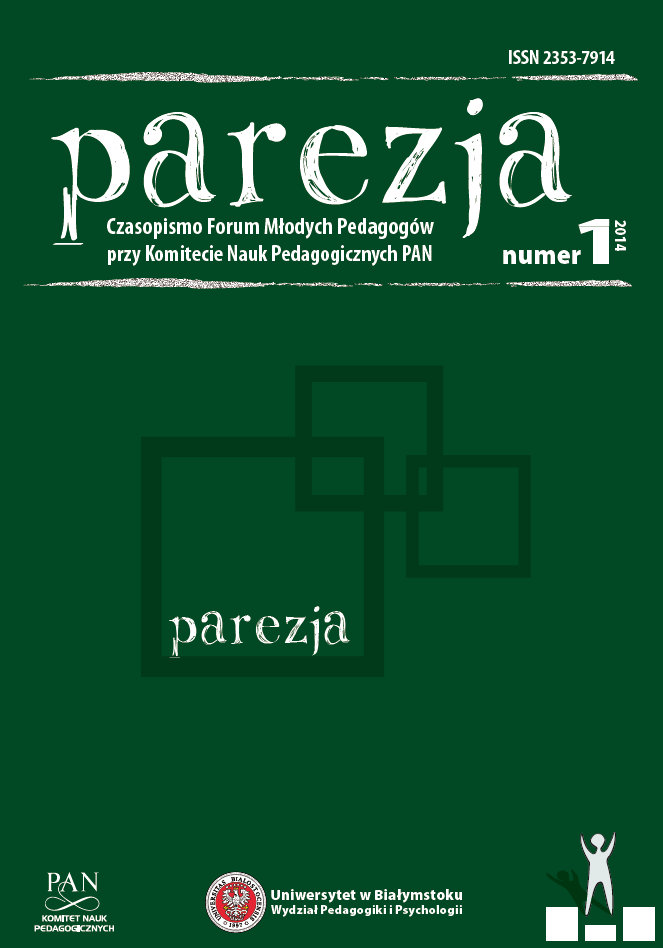
The text constitutes the review of the book The Politics of Small Things: The Power of the Powerless in Dark Times, written by Jeffrey C. Goldfarb. The author of the review reconstructs the understanding of the politics of small things, trying to answer such questions as: whether the theoretical Goldfarb’s ideas are able to meet the current challenges, if they can be useful in the emancipatory struggle (also in the area of education), or perhaps they block it and retard?
More...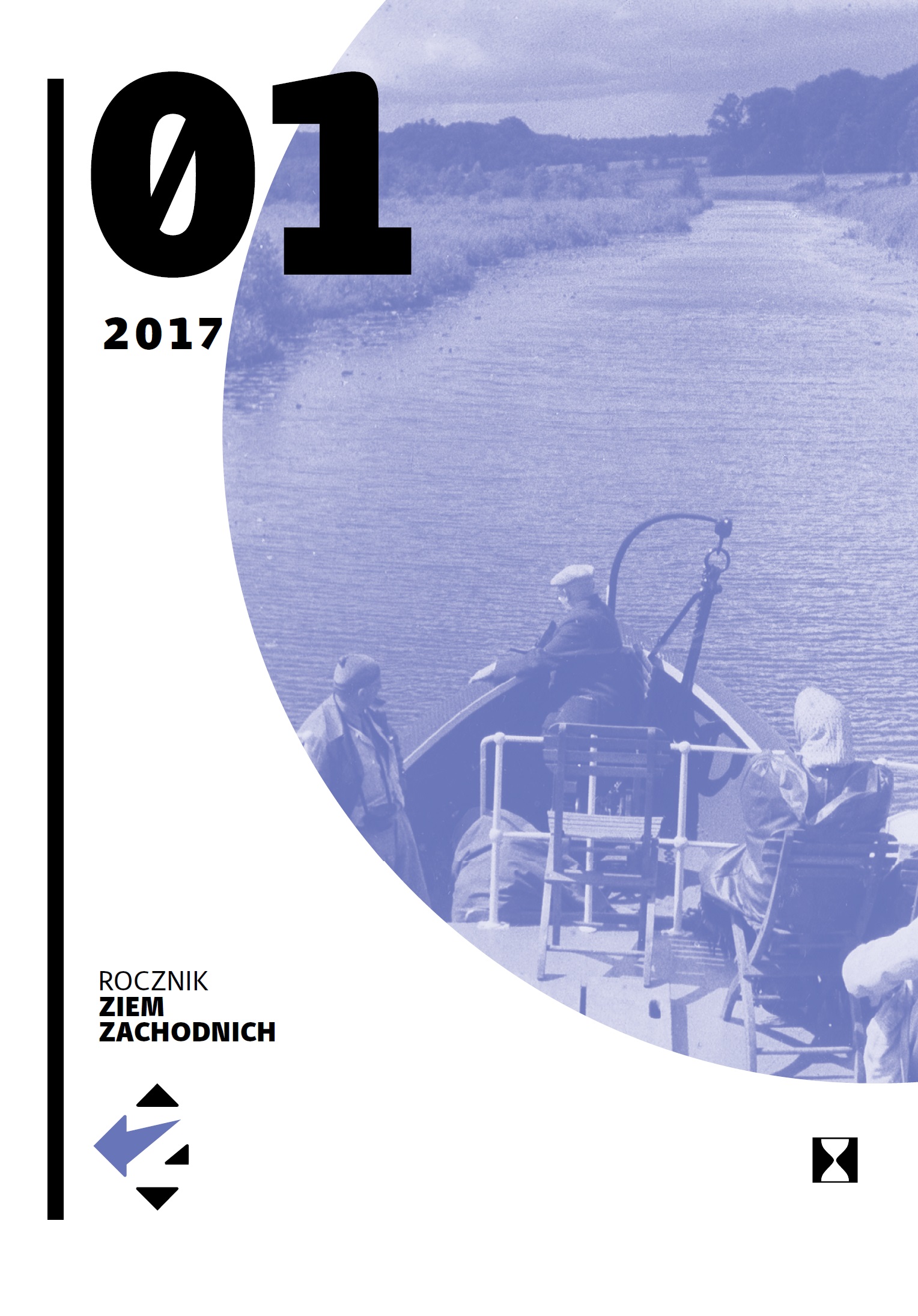



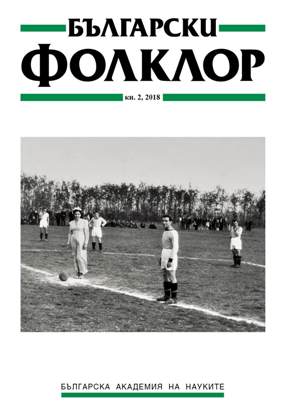
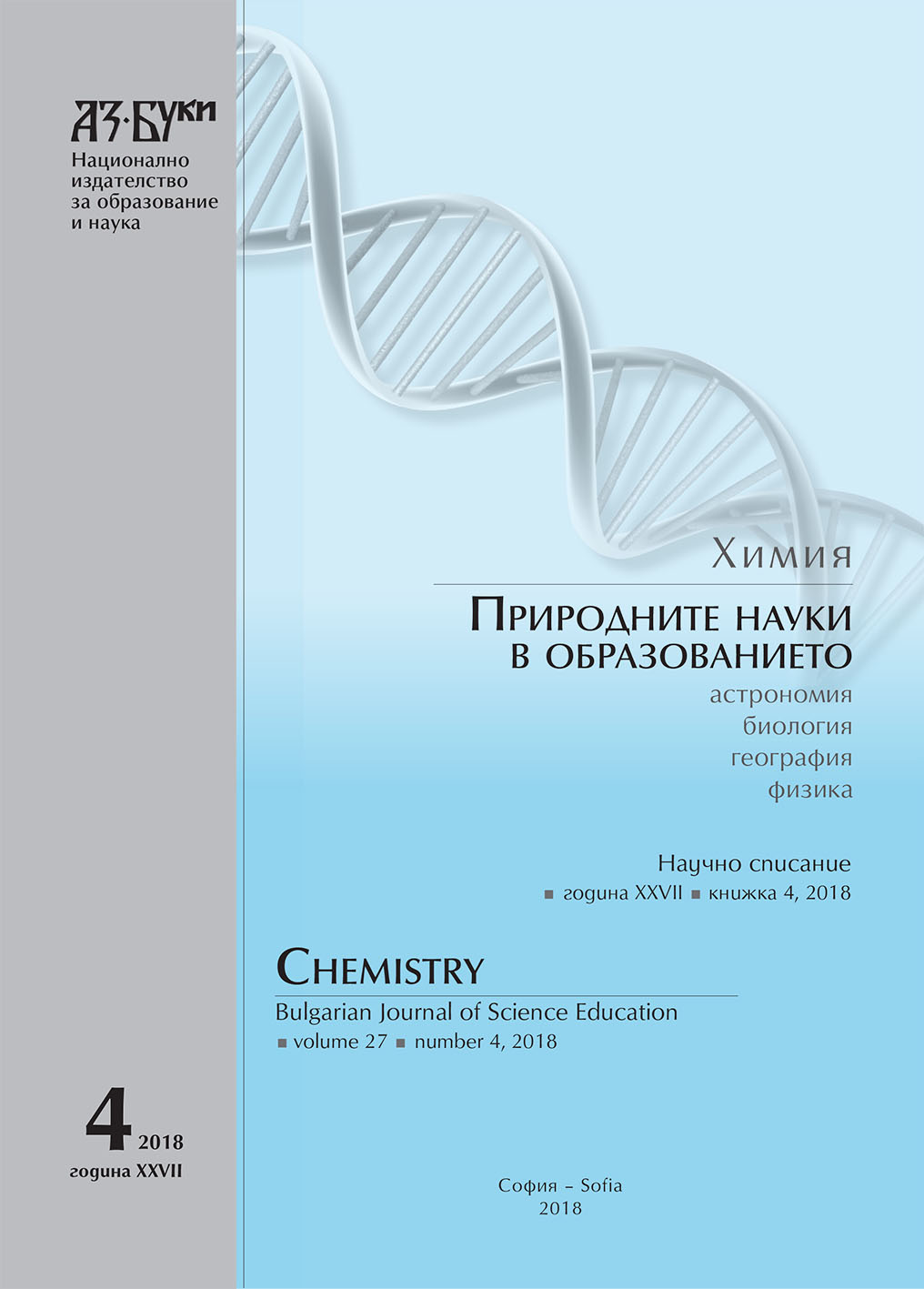

In this article the classification of incidents and accidents when working with sources of ionizing radiation (SIR) is discussed. Also are considered the important measures and actions laid down in the Bulgarian legislation for prevention of nuclear incidents and accidents, as well as for minimizing the consequences thereof for people and environment.
More...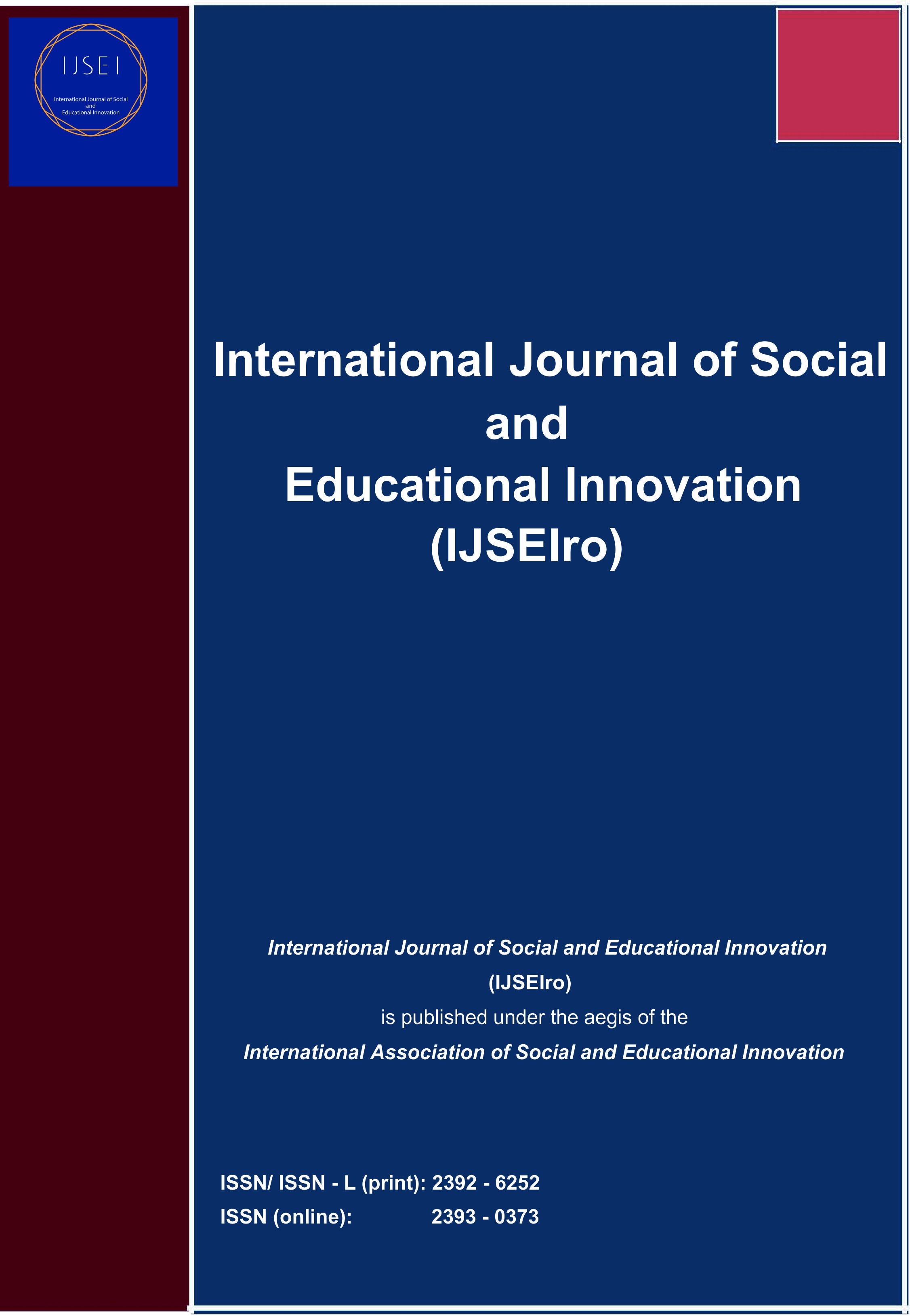
Reading classical texts and authors, whose language is not fully understandable by the children, has become a big teacher’s challenge. The decline of literary reading and the lack of focus in the subject and idea of the text, interrelated to the early culture / identity, influences the lack of reading of the classical books and authors. Therefore, they do not fulfil the principal aims and competencies required by the Pre-University Curriculum Framework. Our article analyses the Curriculum Framework and language and literature course structure. The article concludes that students tend to read classical works more easily if they are offered in abridged versions or with a support of technology. Collections of works and complementary book contents with digital content is the tendency that schools have to accept in the digital era we are living.
More...
There are many factors influencing a food product selection, even if the most known is health benefits. This study describes the effect size of nine factors such as health, mood, convenience, sensory quality, ingredients, price, energetic value, familiarity and ethical aspects. The most important aspect of each factor was also determinated. A questionnaire was applied on a sample of 95 persons aged between 16 and more than 60 years. The summary statistics and the correlation (r>0,2) were applied using Data Analysis pacgake. The results showed that health benefits and the ingredients have the greatest influence, while the convenience and the energetic value were considered as beeing less important in food choice. The well-being, the taste, the natural ingredients, the good price ratio, the low fat content, the eco-friendly package, the fact that the food product can be bought from shops near their house and people ate it before have a strong contribution in food selection. So, it is important to take all these factors into account when we talk about food aducation and food practices.
More...
Both society as a whole and each of its members have to be prepared for the changes caused by continuous evolvement of knowledge. Alongside with the traditional forms of education, distance education represents the chance people of all ages have to learn in order to have a better chance to adapt to the ever-changing society.
More...
In this paper I presented some issues related to communication problems between teacher and student. Nowadays, all areas of life, the whole cultural universe, revolve around communication, making it a vast and exciting field of reflection, studies and achievements. The education permanently expands its area of coverage but its center will be always communication. Educational communication can cause a complex dialogue, a psychological and social process which can influence behaviors, beliefs and motivations. Communication and harmonious relationship with others are focused on the development and training objectives education, relationships with others are on the one hand a problem of communication, on the other hand a matter of the action. The quality of the educational process depends mainly on the quality of communicative processes established between educator and educated, educational outcomes are superior when the two interlocutors of the relationship have the opportunity to change roles.
More...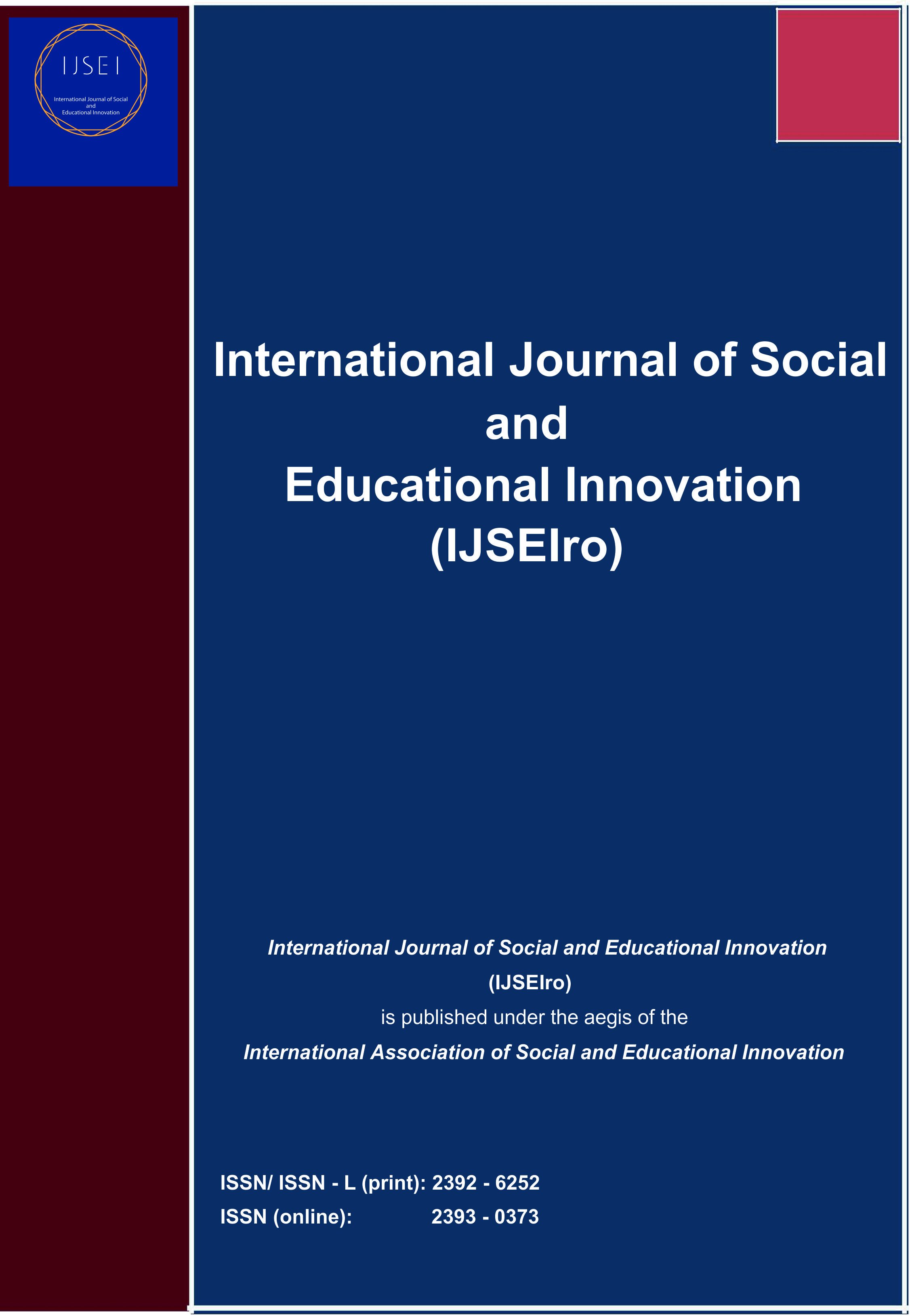
Juan Domingo Perón remains one of the most important figures of Argentine´s history of the XX century. A former army colonel, Peron was elected 3 times as president of the republic through popular vote in 1946, 1951 and 1973. He did not come to power through a coup d´état, as usually happened with army generals in the Latin-American countries at that time. He was the founder of the Labour Party and of the peronist movement and together with his wife Eva Duarte introduced a series of revolutionary reforms aiming at improving the living standards of the workers, thus becoming soon a national myth. Nowadays, the peronist Partido Justicialista is in a deep crisis, but it still remains one of the main Argentinian political forces.
More...
We consider that a milestone of the economic thought is represented in the modern era by John Maynard Keynes. His "revolution" in the theory and practice of Economics has influenced decisively the capitalist economy for four decades of stability and prosperity, until the oil shocks from the 8th decade of the 20th century. Our intention is to link Keynes’ Theory of Income with the Happiness Economics in the world of today. to see and understand if the Keynesian theory and practice is still valid, both at macroeconomic level and, mainly, at the individual and household level. A general remark following the day-by-day life, the statistic data regarding the consumption, the economic good sense, is that people spend the money they get, but not all of it. If the particular intention is to get the right position (status), to reach happiness, or stability at the national economy level, it is needed the existence of Savings to ensure future investments and necessary purchases. The answer to the question is positive, both micro and macro level (the latter being an aggregate of the first one), taken into account the specific requirements and conditionalities of the analyzed law.
More...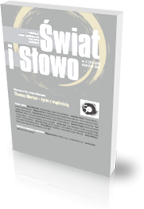
This article discusses the Introduction to poetry of Wislawa Szymborska written by Wojciech Ligęza. Presenting this example of a very penetrating reading, the author of the article focuses on a literary philosophy of Szymborska which is a base of the discussed monograph.
More...